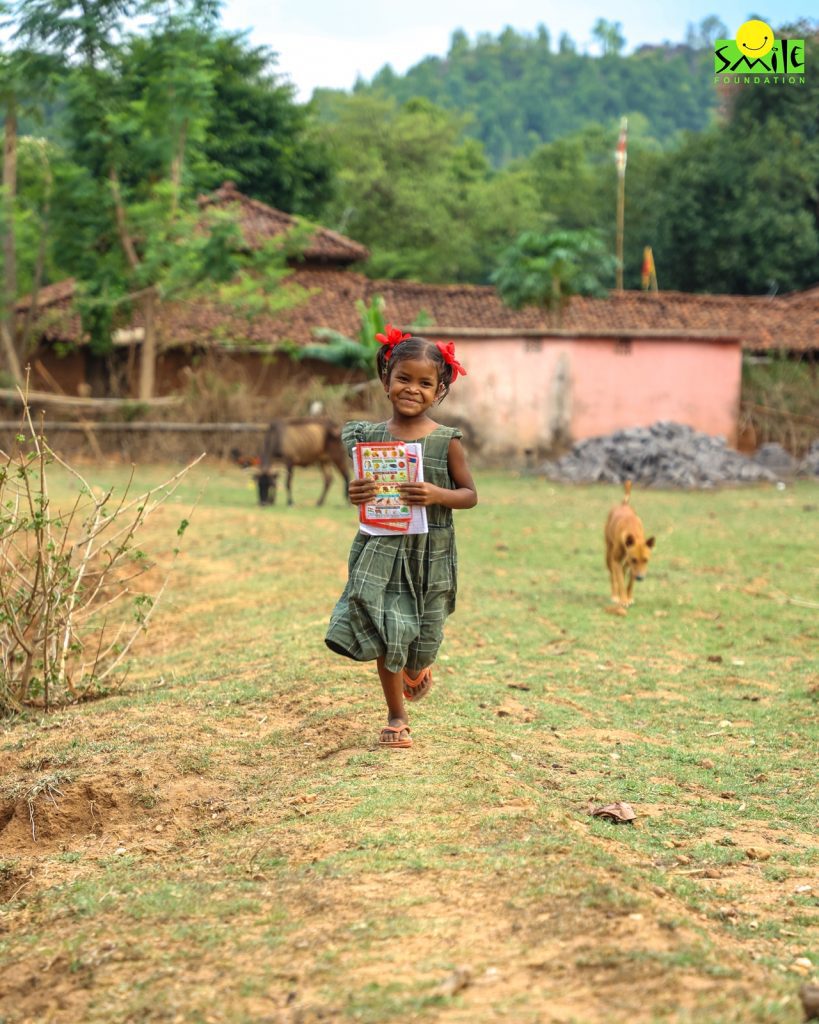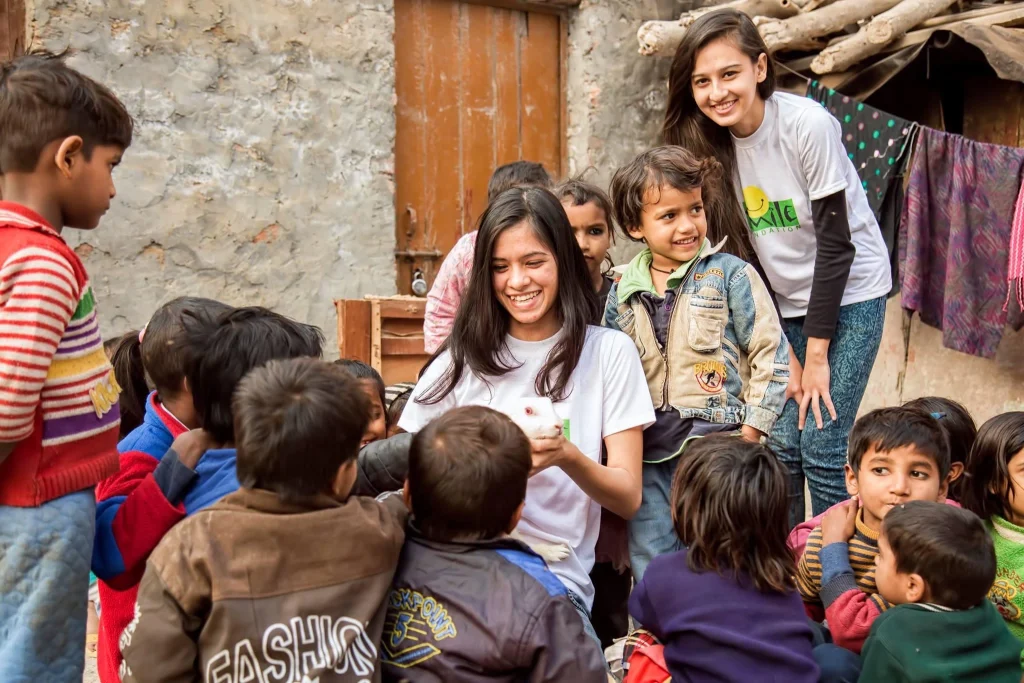Rabindranath Tagore believed that education was far more than the accumulation of knowledge—it was about nurturing the soul, encouraging creativity, deepening empathy, and fostering a sense of unity with the world. His vision of holistic learning sought to liberate the mind from fear, cultivating critical thought, compassion, and a higher purpose. This Rabindranath Tagore Jayanti, let us draw inspiration from his timeless philosophy and reaffirm our commitment to education as a catalyst for meaningful social transformation.
“We come nearest to the great when we are great in humility.”
— Rabindranath Tagore
Born on 7th May 1861, Rabindranath Tagore was not only a literary icon, artist, and philosopher but also a social reformer who gave India its national anthem, “Jana Gana Mana”—a song that beautifully captures the spirit of unity in India’s diverse cultural landscape. His works transcend borders and time, resonating with universal values and the depth of human emotion.
The essence of humility, as reflected in the quote above, was a cornerstone of Rabindranath Tagore’s writings and worldview. As a reformer, he profoundly impacted India’s freedom movement—whether by renouncing his British knighthood after the Jallianwala Bagh massacre, or by investing the award money from his Nobel Prize to establish an educational centre at Bolpur, which would later become Shantiniketan. Through every act and every word, he urged the nation to move beyond protest toward purposeful progress.
“Akash Bhora Surjo Tara, Biswa Bhora Praan
Tahar-e majh khane ami peyechi mor sthaan”
(The sun and stars fill the sky, the world brims with life—
In the midst of this, I have found my place.)
These lines gave India a fresh lens to view independence—not just as political liberation, but as spiritual and intellectual awakening. Through them, he invited the nation to believe in peace, universal brotherhood, and the beauty of coexistence.
Rabindranath Tagore Born – A Legend of Literature
Hailing from the illustrious Tagore family, torchbearers of the Bengal Renaissance, Rabindranath Tagore was nurtured in an atmosphere steeped in literature, theatre, and the arts. Introduced early to Indian classical music and exposed to both Indian and Western thought, he grew up with a rich blend of cultural and intellectual influences.
Disillusioned by the rigidity of conventional education, Tagore envisioned a transformative model that celebrated curiosity, creativity, and emotional growth. This vision materialised in Shantiniketan—a space where learning transcended textbooks and fostered holistic development.
Rabindranath Tagore’s literary journey began at sixteen with the publication of his first poem. His masterpiece, Gitanjali (Song Offerings)—a deeply spiritual and lyrical collection—earned him the Nobel Prize in Literature in 1913, making him the first non-European to receive the honour.
Beyond poetry, his legacy spans evocative novels like Gora and Chokher Bali, which explored complex human emotions and social realities. His plays, such as Chitra and The Post Office, delve into themes of freedom, spirituality, and the dignity of the human spirit.
Humanity & Humility – Rabindranath Tagore’s Way
Despite global acclaim, Rabindranath Tagore remained rooted in humility. He believed that true greatness lay in service and simplicity. He famously wrote:
“I slept and dreamt that life was joy.
I awoke and saw that life was service.
I acted and behold, service was joy.”
He upheld the idea that education was not just for intellectual development but a means to foster empathy, unity, and human connection.
His deeply reflective poem:
“Where the mind is without fear and the head is held high,
Where knowledge is free,
Where the world has not been broken up into fragments
By narrow domestic walls…”
—became a timeless call to awaken free thought, moral courage, and a just society.
Rabindranath Tagore’s Nobel Prize & his Legacy
In 1913, Rabindranath Tagore became the first non-European to be awarded the Nobel Prize in Literature, a moment of immense pride for India. His collection Gitanjali, rich in spiritual depth and lyrical beauty, resonated far beyond its verses. But Tagore’s genius lay not just in poetry; he gave voice to a nation yearning for identity and dignity. His words carried the weight of a civilisation, blending the personal with the political, the sacred with the secular. The Nobel was not merely for literary merit—it was a tribute to a visionary who spoke to the soul of a people and a nation.
His vision for education continues to inspire, serving as a guiding light for many, including Smile Foundation. His call to build a society anchored in empathy and upliftment resonates deeply with our mission.
At Smile Foundation, education remains at the heart of our efforts. We believe, as Rabindranath Tagore did, that we must collectively work towards building a holistic, inclusive education system that has the power to transform lives, nurture humility, and build a compassionate world.
As we celebrate his birth and the profound contributions of Rabindranath Tagore, let this Rabindranath Tagore Jayanti serve as a reaffirmation of our unwavering commitment to building a society where every child is given a future grounded in dignity, creativity, and the spirit of service.










